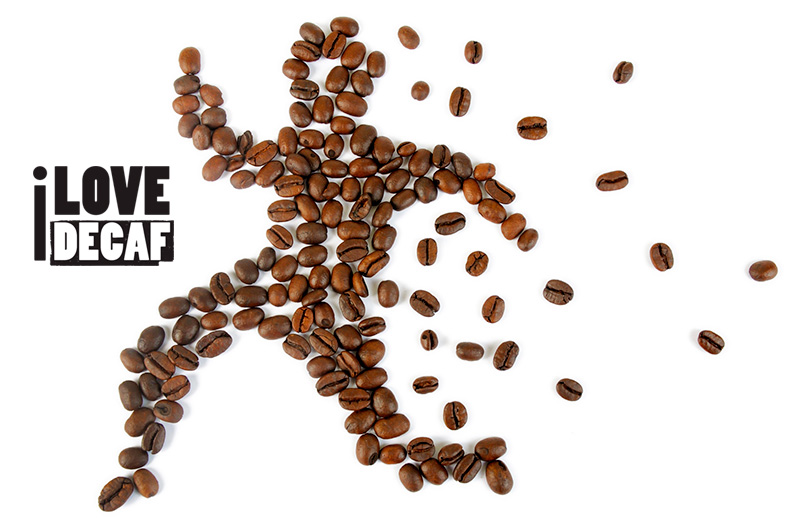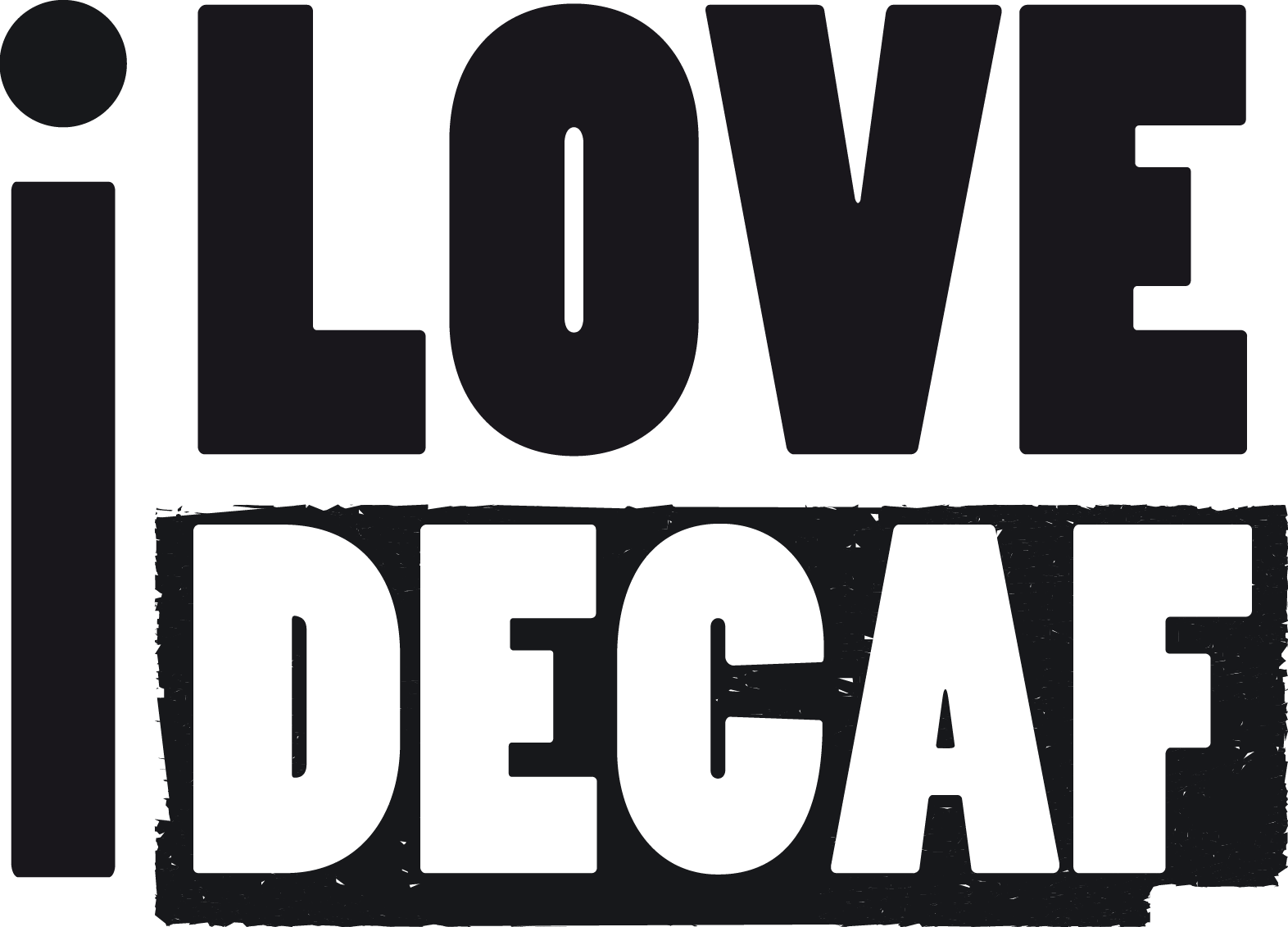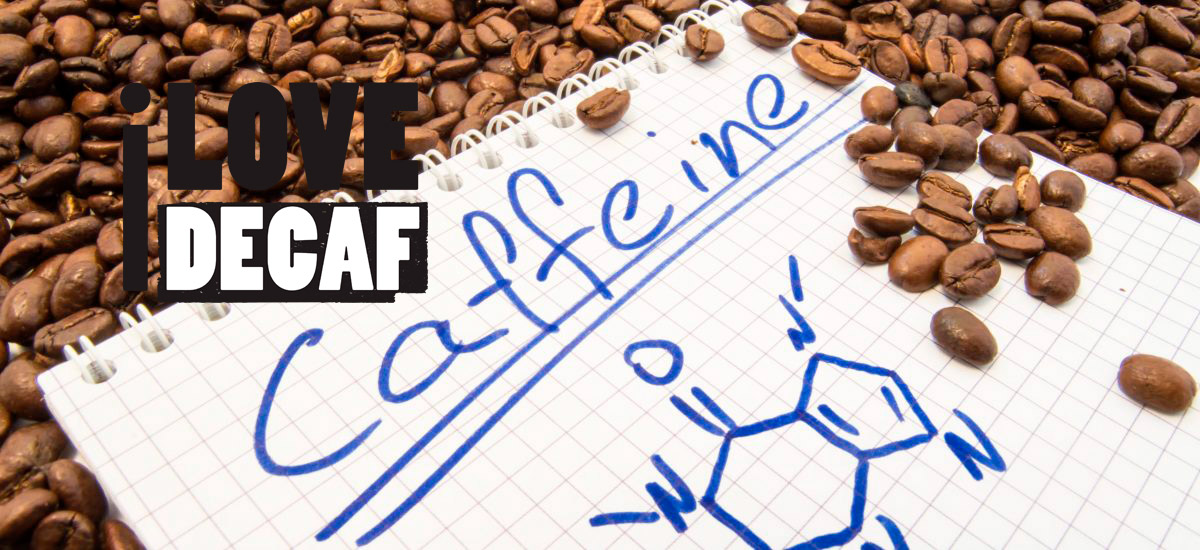While the answer to ‘Is decaf coffee free from caffeine?’ may seem obvious, the reality is more nuanced than that. The short answer is ‘yes’, the correct answer is ‘the absolute minimum’. In legal terms, to be considered decaf, at least 97% of the caffeine must be removed. Some decaf coffees, however, can improve on that and remove up to 99.99% of the original caffeine present like in one of our decaf coffees, Luxe Organic Honduran Decaf Coffee.
In short, you can’t change a leopard’s spots, but you can remove its teeth. The upshot is that you’ll be a lot calmer than either drinking a lot of caffeine or attempting dental work on a leopard.*
So, the answer is yes, decaf coffee does contain caffeine, albeit tiny amounts of the stuff.

Decaf, half-caf
There are also coffee blends that contain reduced caffeine, like our Frankenstein Monster 50/50 blend of regular and decaf. Our monster blend is a bit of a beast, to be fair, so if you’re worried about just how much caffeine remains in decaf, it’s probably not for you. If you fancy a more gradual approach to decaffeinating yourself, it might suit you as a halfway house to 99% decaffeination. Our Frankenstein Monster 50/50 has delicious notes of cocoa, praline and orange that permeate its hybrid blend. Handpicked coffee beans from the Nicaraguan Jinotega estate augment Swiss Water decaffeinated Honduran beans. It’s a great coffee with either less of the caffeine for those of you that don’t want to go all the way or more of the caffeine if you think you’ve gone too far.
This is all a long way from the very first decaffeination in history performed just over 200 years ago by German chemist Friedlieb Ferdinand Runge, after being challenged to do so by German poet Goethe. Runge did not take it to the next level and do anything productive, however, being content to note the caffeine’s potential for gardening.
“After Goethe had expressed to me his greatest satisfaction regarding the account of the man whom I’d rescued … he handed me a carton of coffee beans, which a Greek had sent him as a delicacy. “You can also use these in your investigations,” said Goethe. He was right; for soon thereafter I discovered therein caffeine, which became so famous on account of its high nitrogen content.”
Friedlieb Ferdinand Runge
Germany: the world’s first decaffei-nation
Over 80 years later in 1906, a chance discovery of a decaffeination by another German – coffee merchant Ludwig Roselius – ended in a patent and the foundation of the world’s first decaffeinated coffee brand, Kaffee Hag, subsequently named Café Hag. Roselius was later implicated in a 1943 plot to blow up Hitler on his flight back to Berlin from the East. Once again, decaf is on the side of good, though we are not so sure about Café Hag.
*Please do not attempt at-home dentistry on a leopard or any other animal with a British Standards competency certificate in mauling people.

